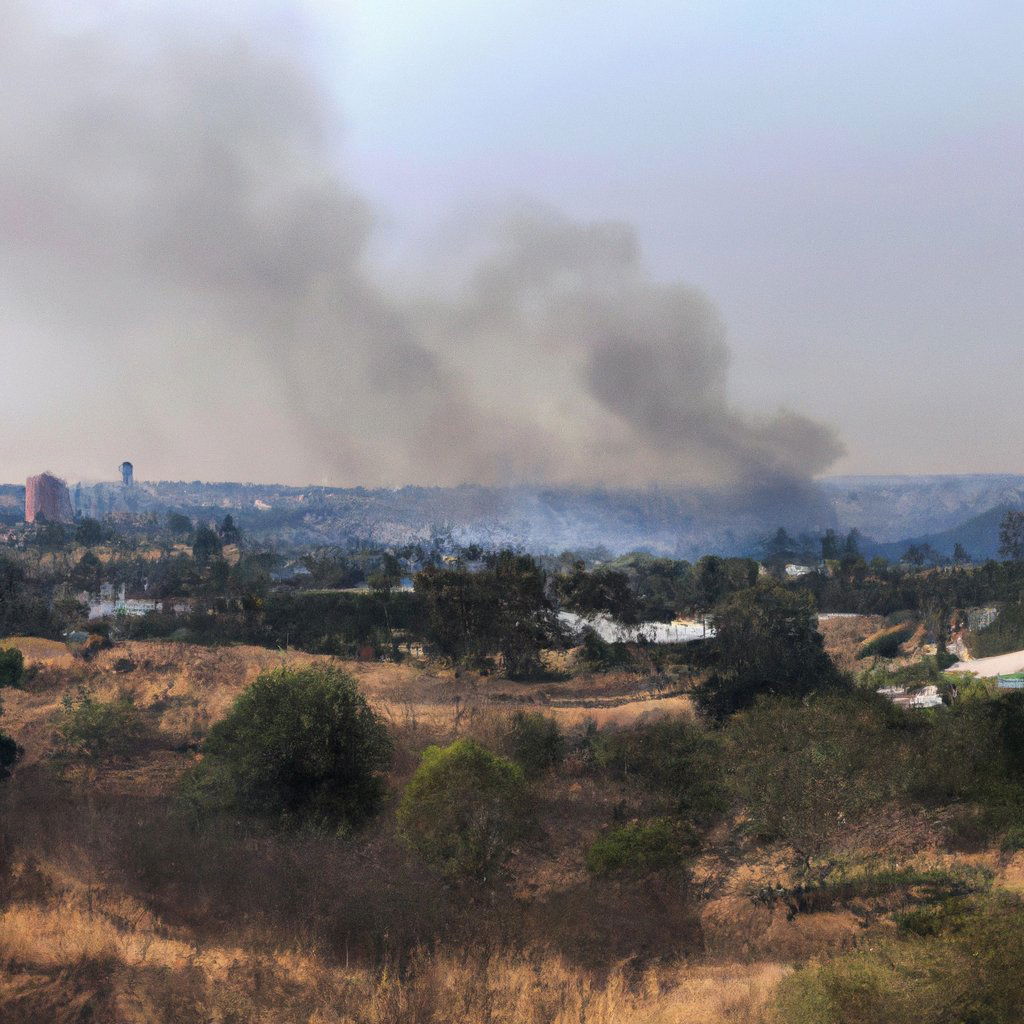Picture: for illustration purposes
Catastrophic Johannesburg Fire Highlights South Africa’s Disaster Management Deficiencies
The tragic fire that ravaged a five-storey building in downtown Johannesburg on August 31, 2023, and claimed the lives of over 70 occupants, has brought South Africa’s disaster management inadequacies to the fore.
Reports indicate that the building housed upwards of 200 migrants, many of whom were unable to escape when it was engulfed in flames. This appalling incident lends weight to increasing concerns regarding South Africa's disaster response and readiness capacity at provincial and local levels. The shortage of fire engines and other rescue services in the nation's metros serves as a glaring testament to this issue.
Last month, it was revealed that in the municipalities of Tshwane in Gauteng and Buffalo City in Eastern Cape, the number of fire trucks in operation was less than half of the required figure. Johannesburg, a city of six million residents, also suffers from ill-equipped fire service infrastructure. Confirming this fact, the Democratic Alliance in Ekurhuleni found that only 31 out of 135 fire engines were functional.
Health expert Dr Angelique Coetzee lamented about the country's unpreparedness, mentioning the scarcity of public sector ambulances and trained paramedics, ineffective disaster readiness—whether it involves floods, fires, or mass shootings—and the need for better planning and responsiveness.
Alarmingly, the Johannesburg fire incident was not adequately managed using city resources, necessitating additional reinforcement from the private sector. Regions like Free State, lacking in private institutions, are at a higher risk due to this standpoint.
The lack of political will to address these issues and the propensity to ignore prior warnings is creating a pattern of disasters that South Africa seems unable to fend off.
The deafening alarm raised by the recent Johannesburg fire, which President Cyril Ramaphosa described as “a wake-up call”, is a distressing indicator of the state's inability to protect its citizens, bringing to light the critical need for improving its emergency response protocol.










